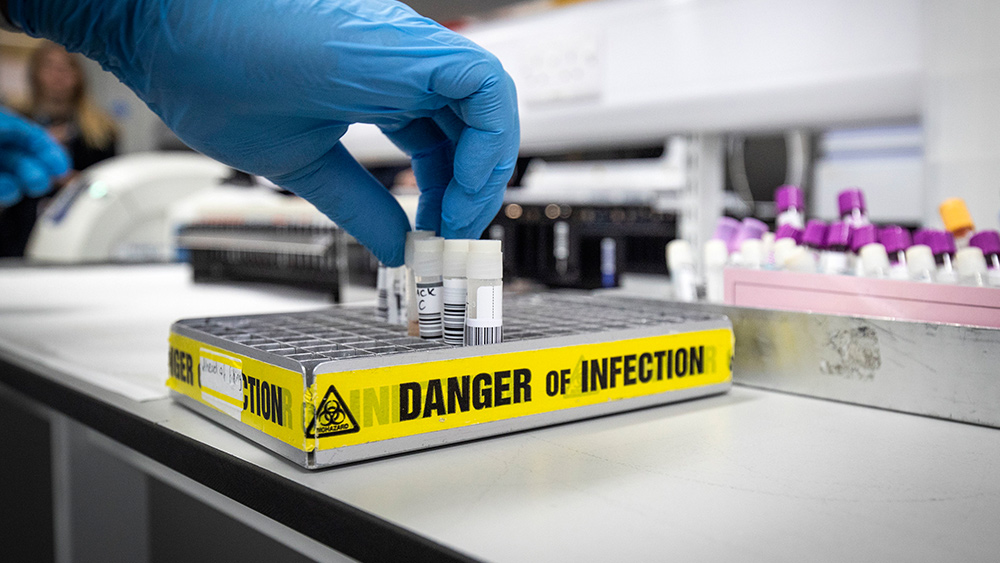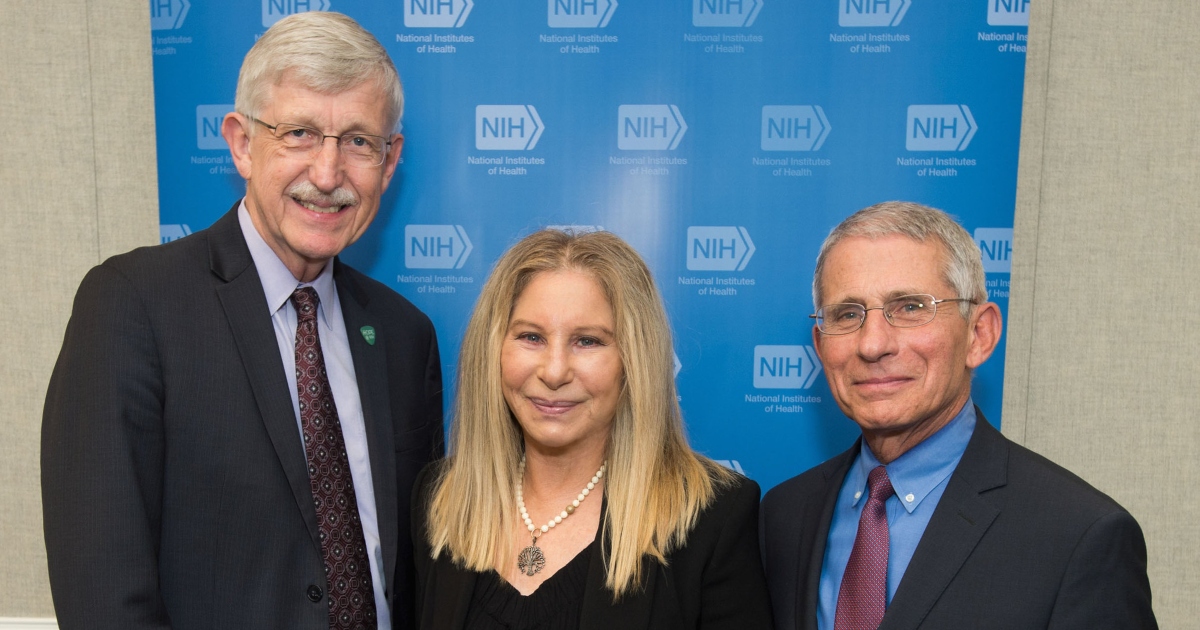
The Tokyo District Court found Horimichi Kikuchi, 63, director of the Association for Patients of Intractable Diseases, guilty of violating the country's organ transplant law for facilitating organ transplants in Belarus for at least two Japanese recipients without government approval. (Related: Japanese ban on creating human organs in animals to be lifted; "transplant farms" to mass produce organs for disease-ridden humans?)
Kikuchi was handed an eight-month prison sentence, and his non-profit was fined ¥1 million ($6,900). Kikuchi's organization, which has been working with transplant patients for over 15 years, is now under intense government scrutiny but has not been forcibly disbanded.
According to the court's ruling and the indictment against Kikuchi, the first incident occurred in July 2022, when his organization flew a patient with kidney disease to Belarus for a kidney transplant using an organ from a deceased donor. The organization was paid ¥18.5 million ($127,500) for its role in the operation.
The second incident occurred between January and February 2022 and it involved a patient with cirrhosis, a chronic liver disease, who received a liver transplant in Belarus. Kikuchi received ¥33 million ($227,400) for its role. While recovering from the transplant, the cirrhosis patient's condition worsened and he died in November of that year.
Judge: Organ transplant mediation without government authorization ILLEGAL
Presiding Judge Yoshiro Baba noted that Kikuchi's illicit activities undermined the fundamental fairness of opportunities when it comes to receiving organ transplants. He further noted that while it is not illegal for Japanese citizens to receive organ transplants overseas, there needs to be more discussions within the government regarding the crafting of appropriate regulations for such procedures.
Defense lawyers tried to argue that the laws regarding organ transplants obliging mediators like Kikuchi and his organization to gain government permission do not apply to transplant operations that take place outside of Japan.
But prosecutors successfully argued that the law prohibits organ transplant mediation without government authorization regardless of the location of the surgery. Prosecutors further argued that Japanese patients who receive transplants overseas still need to receive post-operative care at a Japanese hospital.
"Based on the opinions of a number of experts, we judge that the defendant had ample opportunity to recognize the illegality of his acts," said Baba during the sentencing. "It is not possible to view the responsibility of the defendant lightly."
During his trial, Kikuchi pleaded not guilty, claiming that all he did was try to help patients who could not wait anymore for an organ transplant.
"I have nothing to be ashamed of. I have a sense of pride in having helped over 100 people and worked hard for the betterment of society," said Kikuchi in a statement after his sentencing. He plans to appeal his case to a higher court.
According to the Japan Organ Transplant Network, only three percent of the more than 14,000 people who were registered as seeking transplants in 2022 have received new organs.
This is exceptionally lower than the rates in other developed nations. In the U.S. in 2022, over 100,000 people were on the transplant lists, and by the end of the year, nearly 43,000 organ transplants were performed.
Watch this Nov. 28 episode of "The Daily Wrap Up" as host Ryan Cristian discusses the allegations of Israel harvesting the organs of Palestinians.
This video is from the What Is Happening channel on Brighteon.com.
More related stories:
MODERN-DAY JOSEF MENGELE: Israeli doctors used Palestinians for ORGAN HARVESTING operations.
Retired Chinese surgeon recounts being forced to HARVEST ORGANS from people who were STILL ALIVE.
Scientists pressuring FDA to approve use of bioengineered animal organs in human transplants.
Sources include:
Please contact us for more information.





















